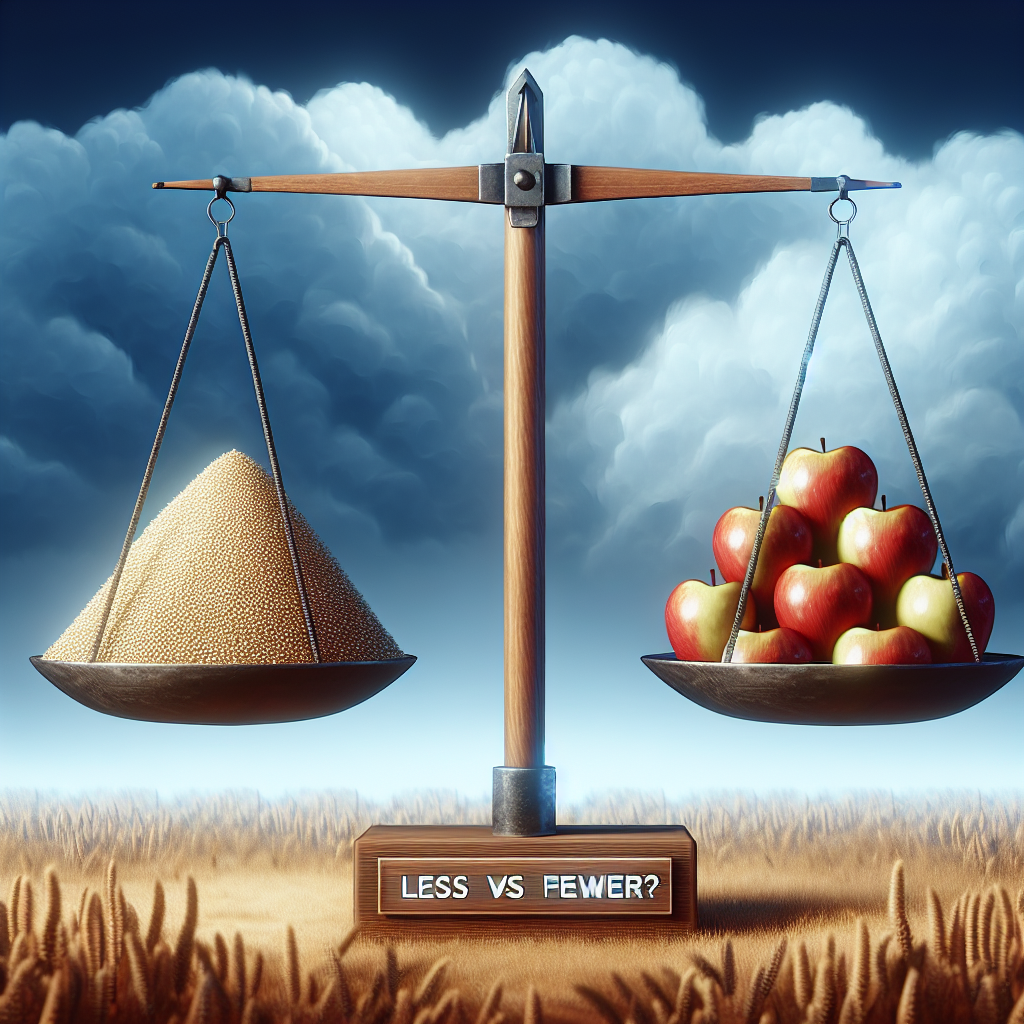When to Use Less Versus Fewer
What’s the Difference?
Less
When discussing something that cannot be counted, such as a liquid or an abstract concept, use “less.” For example, “I have less water in my cup.”
Fewer
On the other hand, when referring to items that can be counted individually, like apples or people, use “fewer.” For instance, “There are fewer people in the room today.”
When to Choose Less
When you are talking about something that is not quantifiable, go with “less.” This applies to things like time, money, or happiness. “I have less time to finish the assignment.”
When to Choose Fewer
If you can count the items in question, opt for “fewer.” This includes tangible objects like books, cars, or bananas. “There are fewer books on the shelf.”
Exceptions to the Rule
In some cases, you may see “less” used with countable nouns. This is often in informal speech or writing. For example, “There were less people at the event than I expected.”
Conclusion
Remember, use “less” for things you cannot count and “fewer” for things you can count individually. Keep this rule in mind to avoid common grammatical errors.
For more writing tips, visit Edit Mojo.
